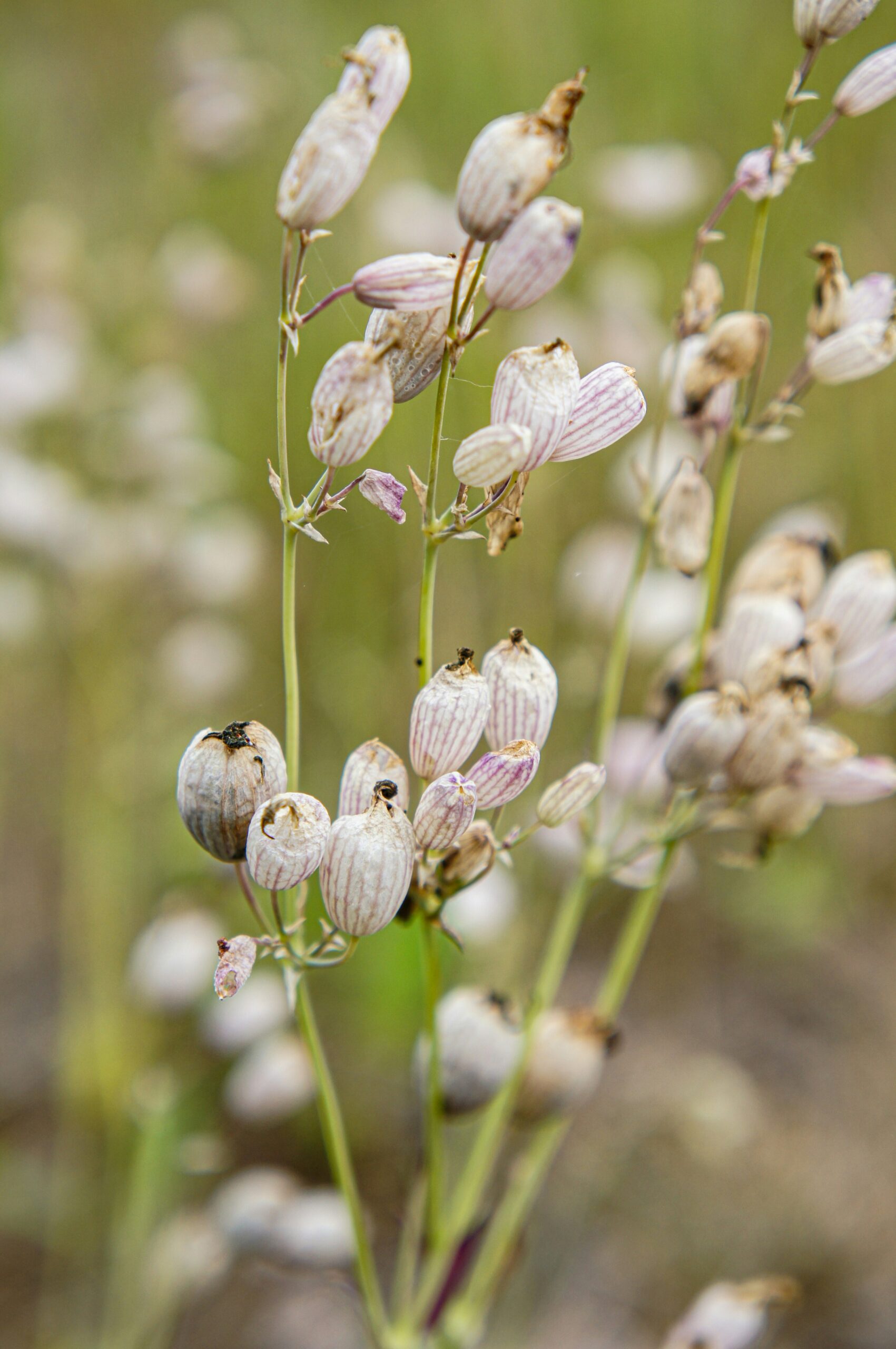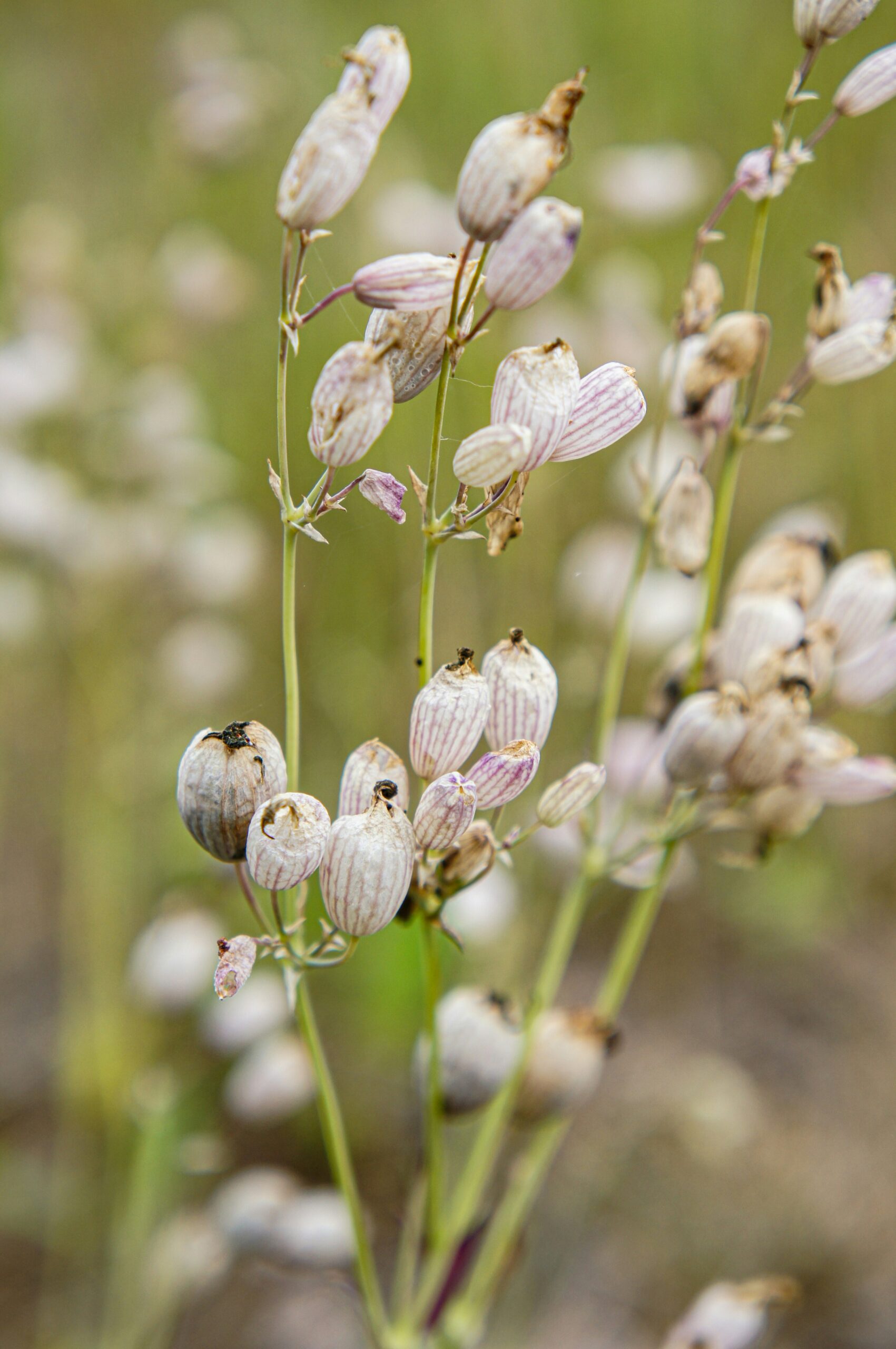Have you ever noticed that your urine has a strong and unpleasant odor when you have an overactive bladder? It’s a common concern for many individuals experiencing this condition. In this article, we will explore the reasons behind this phenomenon and delve into why the smell of your urine may change when your bladder is overactive. So, if you’re curious to find out the cause behind that unpleasant odor, keep reading!
Understanding Overactive Bladder
Definition of overactive bladder
Overactive bladder (OAB) is a condition characterized by the frequent, urgent need to urinate. People with OAB may experience sudden, uncontrollable urges to urinate and may even leak urine before reaching the bathroom. This condition can significantly impact a person’s quality of life and may lead to embarrassment and social anxiety.
Common symptoms of overactive bladder
The symptoms of OAB include frequent urination (urinating more than eight times a day), urgency (a sudden and strong desire to urinate), nocturia (waking up multiple times during the night to urinate), and incontinence (unintentional leakage of urine). These symptoms can be disruptive and may interfere with daily activities and sleep patterns.
Understanding the basic physiology of the bladder
To understand OAB, it’s essential to grasp the basic physiology of the bladder. The bladder is a muscular organ that stores urine. When it becomes full, the brain sends signals to the bladder to contract, allowing urine to be expelled through the urethra. In individuals with OAB, the detrusor muscle, which is responsible for bladder contractions, becomes overactive. This causes the bladder to contract even when it contains small amounts of urine, leading to the symptoms associated with OAB.
Why Does Urine Smell
Common causes of smelly urine
There are several factors that can contribute to the smell of urine. Dehydration is one of the primary causes of concentrated urine, which can result in a stronger odor. Certain foods and medications, as well as urinary tract infections (UTIs), can also cause urine to have a foul smell.
The structure of the urinary tract and its function
The urinary tract consists of the kidneys, ureters, bladder, and urethra. The kidneys filter waste products from the blood, producing urine that travels through the ureters to the bladder. The bladder then stores the urine until it is eliminated from the body through the urethra. The proper functioning of each component of the urinary tract is essential for maintaining normal urine odor.
The link between diet and urine odor
The food and beverages we consume can affect the odor of our urine. Certain foods like asparagus, coffee, and garlic contain compounds that, when metabolized, can result in distinct odors in the urine. It is important to note that while these odors may be temporary, they can be noticeable and may cause concern for individuals with OAB.

Urinary Tract Infections and Urine Smell
Symptoms and causes of urinary tract infections
Urinary tract infections (UTIs) occur when bacteria enter and infect the urinary tract. Common symptoms of UTIs include a strong and persistent urge to urinate, a burning sensation during urination, cloudy or bloody urine, and a foul odor. UTIs are more common in women due to their shorter urethra, which allows bacteria to reach the bladder more easily.
Understanding the correlation between urinary tract infections and bad urine smell
When bacteria infect the urinary tract, they can cause inflammation and irritation, leading to changes in the odor of urine. The presence of bacteria and the body’s immune response to the infection can contribute to a strong, unpleasant smell. It is essential to treat UTIs promptly to alleviate symptoms and prevent further complications.
Treatment options for urinary tract infections
Treatment for UTIs typically involves antibiotics to eradicate the infection. It is important to complete the full course of antibiotics as prescribed by a healthcare professional. In addition to medication, drinking plenty of water and practicing good hygiene can help prevent UTIs and reduce the risk of recurring infections.
Overactive Bladder and Urine Smell
Why overactive bladder can cause urine to smell
In individuals with OAB, the frequent urination and urgency characteristic of the condition can result in urine staying in the bladder for shorter periods. This can lead to more concentrated urine, which can have a stronger odor. Additionally, the overactivity of the detrusor muscle in OAB can contribute to urine leakage, further exacerbating any odor concerns.
The effect of incontinence on urine odor
Incontinence, which is often associated with OAB, can contribute to urine odor. When urine leaks and comes into contact with clothing or other surfaces, it can lead to the development of bacteria or yeast, resulting in an unpleasant smell. Proper hygiene and the use of absorbent products can help manage incontinence-related odor.
Dehydration as a key factor in overactive bladder and urine smell
Dehydration can worsen OAB symptoms and contribute to strong urine odor. When the body is dehydrated, urine becomes more concentrated, resulting in a stronger smell. Proper hydration is crucial for bladder health and can help alleviate symptoms of OAB, as well as reduce urine odor.

Common Foods That Make Urine Smell Bad
Asparagus and urine smell
Asparagus contains a sulfur compound called methyl mercaptan, which is metabolized and excreted in the urine. This compound is responsible for the distinct odor that some individuals may notice after consuming asparagus. While the smell may be unpleasant, it is harmless and temporary.
Coffee and urine smell
Coffee is a diuretic, meaning it increases urine production. The more urine produced, the less concentrated it becomes, resulting in a milder odor. However, some individuals may notice a different smell in their urine after consuming coffee. This can be attributed to the compounds present in coffee that can alter urine odor.
Garlic and urine smell
Garlic contains sulfur compounds that, when metabolized and excreted in the urine, can create a strong smell. The distinct odor associated with garlic consumption can be noticeable in the urine and may persist for some time after ingestion. However, this is generally harmless and temporary.
Medications and Their Effects on Urine Odor
List of common medications that can cause urine to smell
Certain medications, such as antibiotics, vitamins, and certain herbal supplements, can affect the odor of urine. For example, some antibiotics, like amoxicillin, can contribute to a strong, pungent smell. Additionally, vitamin B supplements can cause urine to have a distinct odor, often described as “fishy.”
How these medications affect the bladder and urine production
Medications can have various effects on the bladder and urine production. Some medications, including diuretics, can increase urine production, leading to a lighter and potentially less odorous urine. Others may have direct effects on the urinary tract or alter the metabolism and excretion of certain compounds, resulting in odor changes.
Possible alternatives and their side effects
If medication is contributing to unpleasant urine odor, it may be worth discussing alternatives with a healthcare professional. Depending on the specific medication and condition being treated, there may be alternative options available. It is important to consider potential side effects and discuss them with a healthcare professional before making any changes to medication regimens.

Available Treatment Options for Overactive Bladder
Behavioral techniques
Behavioral techniques, such as bladder training and pelvic floor exercises (Kegels), can be effective in managing OAB symptoms. Bladder training involves gradually increasing the time between bathroom trips, while pelvic floor exercises help strengthen the muscles that control urinary function.
Medication
There are several medications available to treat OAB. These medications work by relaxing the bladder muscles or reducing nerve signals that cause the frequent urge to urinate. However, it is important to discuss potential side effects and consider any contraindications with a healthcare professional.
Nerve stimulation
Nerve stimulation techniques, such as sacral neuromodulation or percutaneous tibial nerve stimulation, can be options for individuals with OAB who do not respond to other treatments. These techniques involve delivering electrical signals to the nerves that control bladder function, helping to regulate bladder contractions.
Surgery
Surgical options, such as bladder augmentation or urinary diversion, may be considered for severe cases of OAB that do not respond to other treatments. These procedures involve altering the structure or rerouting of the urinary tract to improve bladder function. Surgery is typically considered a last resort when other treatment options have been ineffective.
Ways to Manage Urine Smell with an Overactive Bladder
Practical steps to reduce urine smell
Practicing good hygiene is essential for managing urine smell. This includes regular bathing and washing of genital areas, as well as prompt changing of soiled clothing or absorbent products. Using odor-neutralizing sprays or wipes can also help mask any odor and provide a sense of freshness.
Lifestyle changes to improve bladder health
Making certain lifestyle changes can help improve bladder health and reduce urine odor. These changes may include avoiding bladder irritants like caffeine and alcohol, maintaining a healthy weight, practicing stress management techniques, and engaging in regular physical activity. It is also important to establish and maintain a regular bathroom schedule to help regulate bladder function.
External products to manage urine smell
There are various external products available to help manage urine smell. Odor-neutralizing sprays, wipes, and absorbent products, such as pads or underwear, can provide comfort and confidence by reducing or eliminating odor. It is important to choose products that are specifically designed for urinary incontinence and to follow proper usage guidelines.
The Role of Hydration in Controlling Urine Smell
Importance of hydration for overall health
Staying properly hydrated is crucial for overall health, including bladder health. Drinking an adequate amount of water helps maintain optimal urine production and dilutes waste products, reducing the concentration and potentially the odor of urine. Proper hydration also plays a vital role in supporting organ function, flushing out toxins, and promoting overall well-being.
How water consumption can affect bladder function and urine smell
Water consumption directly affects bladder function and the odor of urine. Drinking enough water helps keep the bladder adequately hydrated, reducing the risk of irritation and inflammation. It also helps maintain an optimal urine volume, which can contribute to a milder and less odorous urine.
Recommendations for daily water intake
The recommended daily water intake varies depending on factors such as age, activity level, and overall health. However, a general guideline is to aim for at least eight cups (64 ounces) of water per day. It is important to listen to your body’s thirst cues and adjust water intake accordingly. Additionally, in hotter climates or during increased physical activity, it may be necessary to consume more water to stay properly hydrated.
When to Seek Medical Help
Understanding when urine smell indicates a severe problem
While changes in urine odor can often be attributed to diet, hydration, or minor infections, there are instances when urine smell may indicate a more severe problem. If urine odor is accompanied by persistent pain or discomfort, blood in the urine, fever, or other concerning symptoms, it is important to seek immediate medical attention.
When to contact a medical professional
If you are experiencing symptoms of OAB or have concerns about changes in urine odor, it is advisable to contact a healthcare professional. They can evaluate your symptoms, perform necessary tests, and provide appropriate guidance and treatment options. It is always better to address any health concerns in a timely manner.
What to expect during a medical consultation
During a medical consultation for OAB or changes in urine odor, a healthcare professional will likely ask about your symptoms, medical history, and any medications or dietary habits that may be contributing to the issue. They may also perform a physical examination and order laboratory tests to rule out any underlying conditions or infections. Based on the findings, the healthcare professional will provide a diagnosis and recommend appropriate treatment options.
In conclusion, understanding overactive bladder and urine smell requires knowledge of the condition’s symptoms, the physiology of the bladder, common causes of smelly urine, and the link between urinary tract infections and urine odor. Recognizing the impact of incontinence, dehydration, diet, medications, and lifestyle factors on urine smell is crucial. Fortunately, there are various treatment options available for overactive bladder, as well as strategies to manage urine smell and maintain bladder health. It is essential to stay hydrated, practice good hygiene, and seek medical help when necessary to address any concerns related to urine smell and overactive bladder.

